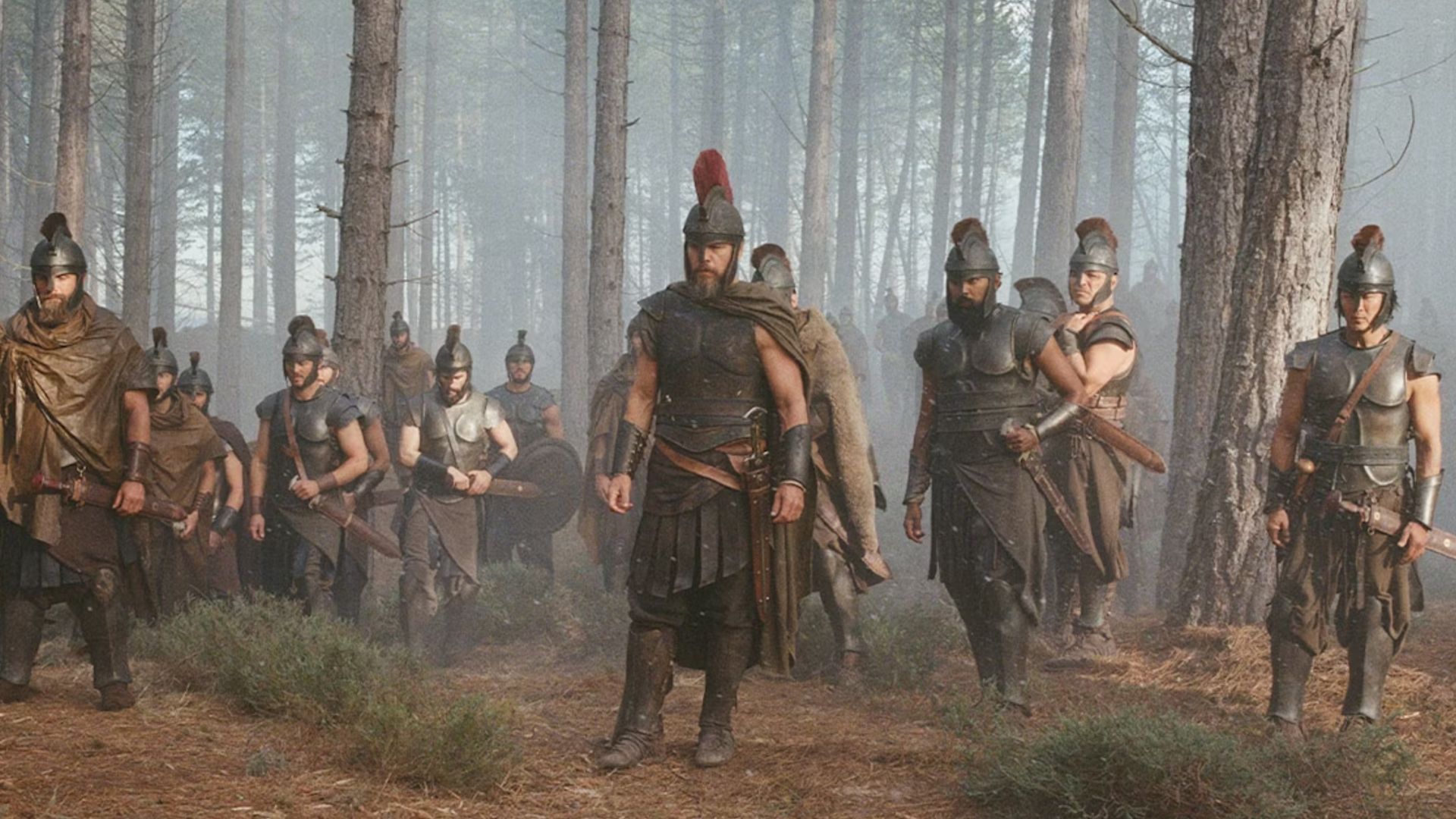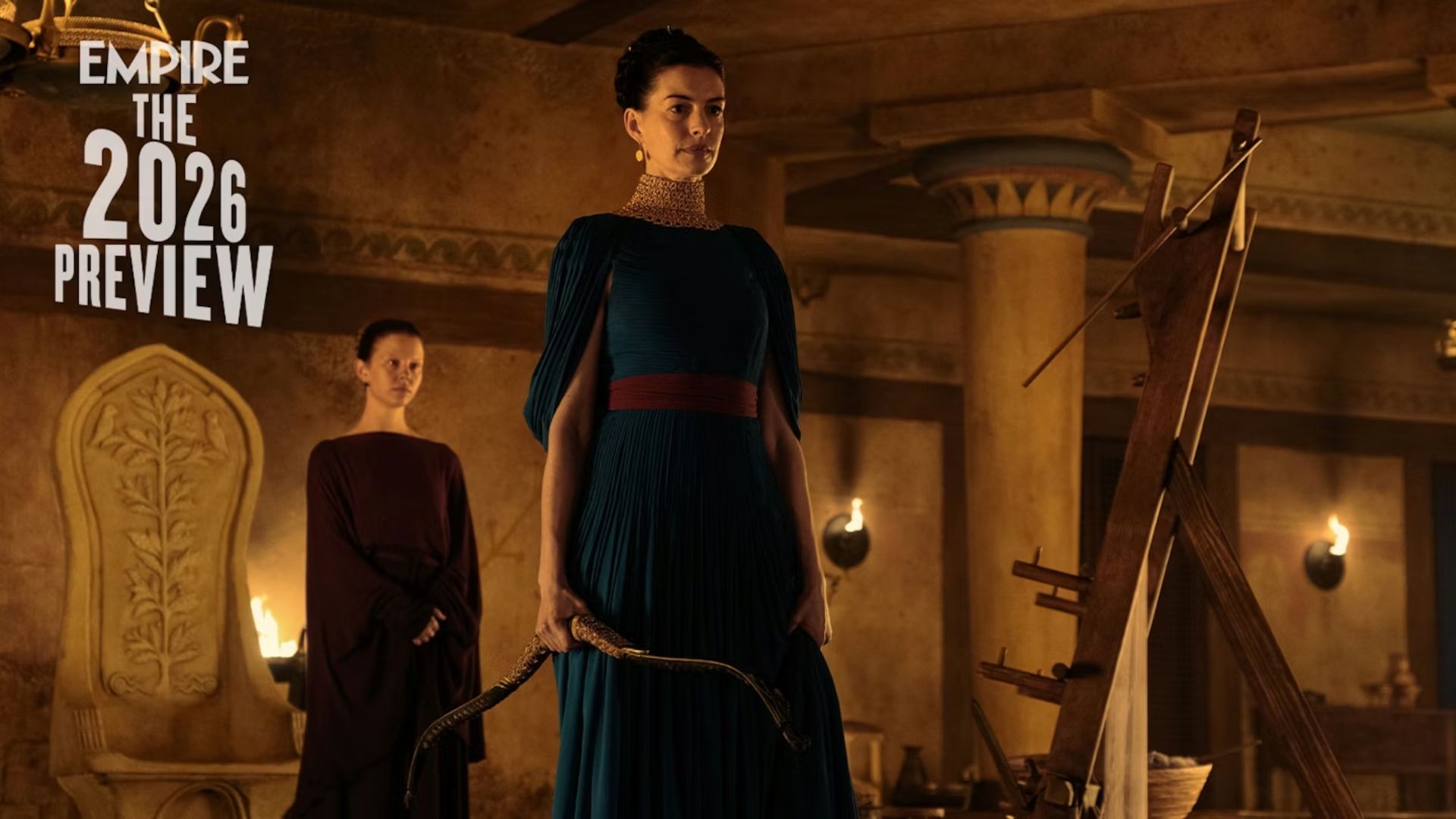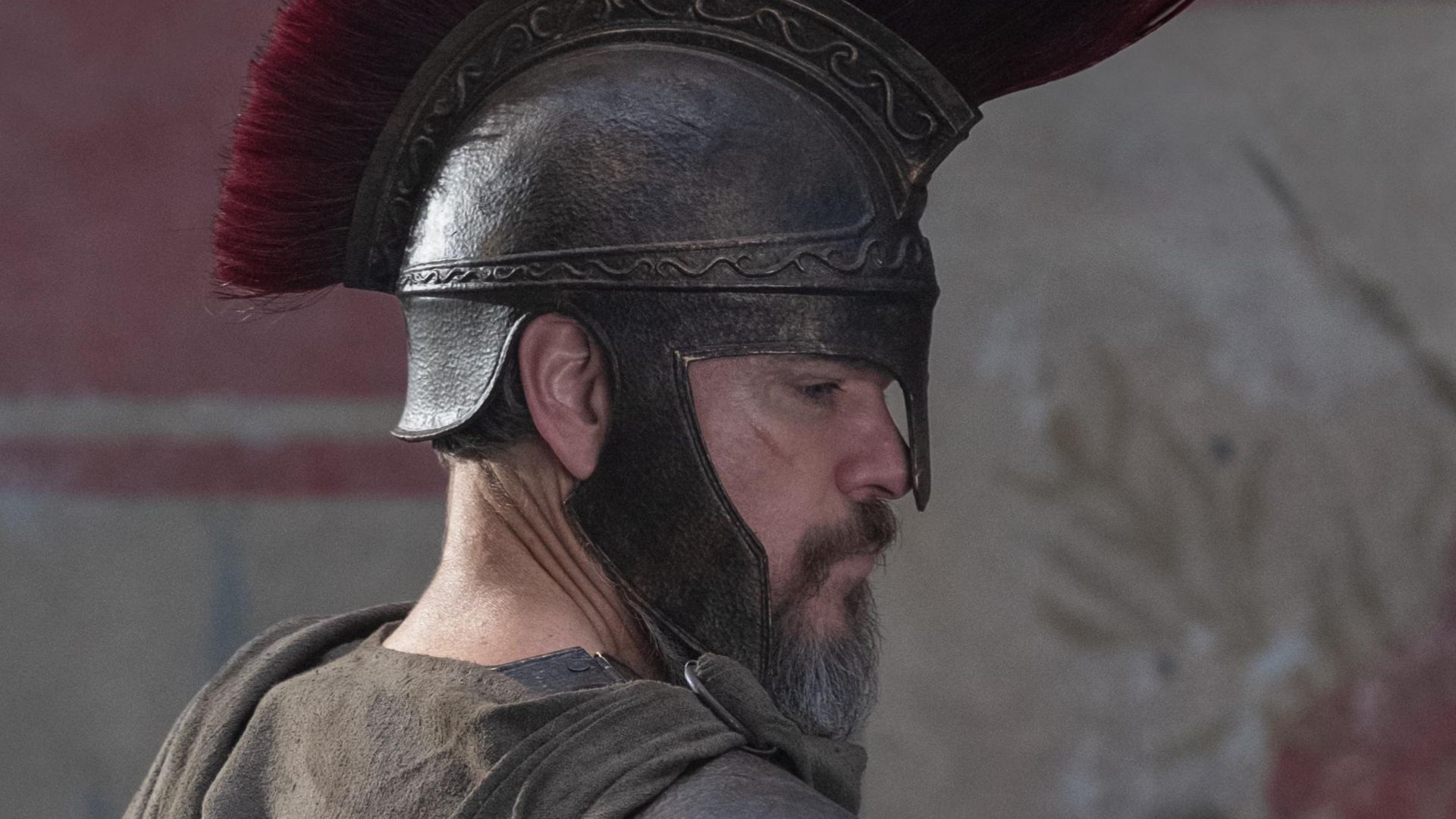
Christopher Nolan’s upcoming film, The Odyssey, is generating a lot of excitement for 2026, but it’s also expected to be a talking point. Nolan is known as a major filmmaker of our time, successfully creating large-scale, original movies that draw big crowds. His take on the classic Greek poem The Odyssey promises to be his most ambitious project yet, and initial reports are already getting people to discuss the story and how he’s approaching it.
Christopher Nolan recently achieved another hit with Oppenheimer, a sweeping historical film that earned him his first Best Director Oscar and brought in almost $1 billion worldwide. The movie was largely well-received, but it also led to a lot of online discussion about its difficult subject matter and the moral questions it raised. Similarly, while The Odyssey tells a story from much earlier, more mythical times, the importance and cultural impact of that classic tale are likely to inspire equally strong opinions and debates.
Christopher Nolan’s ‘The Odyssey’ Adapts the Most Controversial Translation

Universal Pictures / Empire
As a huge fan of classic stories, I’m always amazed by The Odyssey. It’s incredible to think this poem was written around the 8th century BC – that makes it almost 3,000 years old! It’s one of the oldest pieces of literature we still have. Now, when you pick up a copy today, you’re not reading the original Greek, of course. It needs to be translated, and that’s trickier than it sounds. Even translating something from a modern language isn’t always simple, but when the original language hasn’t been used for centuries, it’s a real challenge to capture the true meaning!
Because translations rely on individual interpretation, each version of a work like The Odyssey can feel like a slightly different book. You’ll often see different names – like Robert Fagles or Peter Green – listed as the translator, similar to the various editions of the Bible. Recently, filmmaker Christopher Nolan shared that his preferred translation is Emily Wilson’s 2018 version, notable as the first translation of The Odyssey by a woman and a source of much discussion.
Emily Wilson is a skilled professional, but her translations of Greek epics have sparked debate. While some criticism is legitimate, other reactions are simply based on sexism. Her work is considered groundbreaking because she updates the stories to reflect modern ethical standards. For instance, she describes Odysseus as a complex character and challenges long-held assumptions in previous translations. Specifically, she points out that harsh terms used to describe women – like ‘whore’ or ‘slut’ – don’t accurately reflect the original Greek, which often used a much milder term closer to ‘girl’.
It’s not surprising that her take on the story faced criticism, being labeled as “woke” despite strong support from years of scholarly research. This same negativity will probably extend to Christopher Nolan’s adaptation, which will likely portray Odysseus not as a traditional hero, but as a flawed man grappling with tough choices. It’s important to remember that the Greek concept of a “hero” is different from modern superheroes like Spider-Man. In Greek stories, a hero was someone who achieved great things, not necessarily someone with perfect morals. We can also expect characters like Circe, often portrayed negatively in the past, to be presented with more understanding and nuance.
Emily Wilson made a point about translating ancient works, like The Odyssey, that really resonates when discussing Nolan’s film. She argued that complete objectivity is impossible – and not even desirable. Everyone brings their own background, opinions, and experiences to the table, and there isn’t one single “correct” interpretation. It’s okay to have a perspective.
There’s no single “right” way to understand The Odyssey. It’s a story, not a calculation. Written almost 3,000 years ago, the poem already blended many different Greek dialects. Like any adaptation of classic works – think Shakespeare, the Bible, or Tolkien – interpreting The Odyssey will always be influenced by the perspective of the person telling it, and that’s what keeps the story relevant. Emily Wilson’s translation offers one unique take, and Christopher Nolan’s upcoming version will be another, showcasing his own vision.
Historical Inaccuracies Already Plague ‘The Odyssey’

Universal Pictures
It’s common for historical movies to spark debate about their accuracy, and the new film The Odyssey is already facing this. Online, fans have been discussing details like a prop cup and the helmet worn by Matt Damon in promotional images. Another ongoing conversation revolves around the casting choices, specifically the use of many white American actors for a story set in Ancient Greece.
Despite the current debates and discussions, the film is still expected to be a big success. However, expect conversations about Christopher Nolan’s take on history and the source material to keep growing as more photos and videos from The Odyssey are revealed before its July 2026 release.
Read More
- Everything We Know About Georgie & Mandy’s First Marriage Season 3
- Прогноз нефти
- Playdate’s Ending On Amazon Is So WTF I Need To Talk About It
- CBS Effectively Explains Why Tracker Got Rid Of Bobby & Velma
- Пермэнергосбыт акции прогноз. Цена акций PMSB
- Серебро прогноз
- Avatar 3 Runtime Revealed for New James Cameron Movie
- 10 K-Drama Masterpieces That You Can Binge In 1 Day
- Watch: Iron Man 3 Star Returns In New Video Ahead Of Their 2026 MCU Comeback
- Belissa Escobedo, on Happy’s Place
2025-11-17 22:21